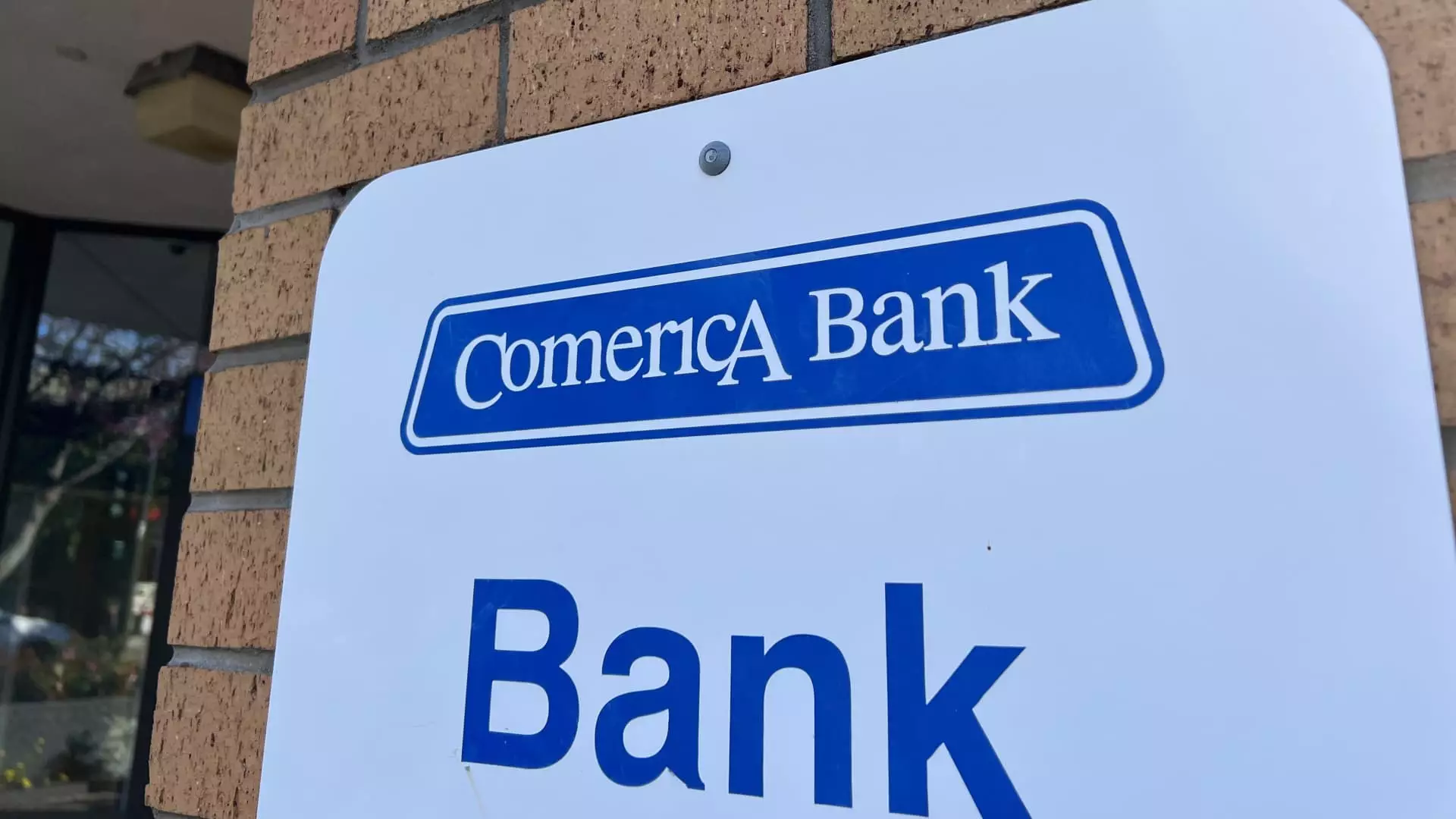Recent allegations against Comerica Bank have drawn attention to the bank’s management of the Direct Express prepaid debit card program, which provides federal benefits to millions of Americans. The Consumer Financial Protection Bureau (CFPB) filed a complaint against the bank, claiming serious violations related to customer service and the improper assessment of fees. This lawsuit serves as a critical reminder of the significant role that financial institutions play in administering essential services to vulnerable populations.
The CFPB’s complaint indicates that Comerica may have deliberately disconnected over 24 million customer service calls — a shocking statistic that raises questions about the bank’s commitment to providing adequate support for its cardholders. The agency further alleges that the bank charged more than a million cardholders unnecessary ATM fees, along with mishandling numerous fraud complaints. Such practices could have severe ramifications, especially for those relying on federal benefits for their daily living expenses, such as groceries and gas. This potentially predatory behavior paints a troubling picture of Comerica’s alignment with its fiduciary responsibilities.
The Direct Express program has been operational since 2008, contracting Comerica to administer the program under oversight by the Department of the Treasury. The program is crucial for beneficiaries of Social Security and other federal aid, many of whom may not have access to traditional banking. Mismanagement in this context can exacerbate financial difficulties for low-income individuals and families, particularly the elderly and disabled. While Comerica publicly promotes around-the-clock customer service on its website, the CFPB’s claims challenge this assertion, suggesting a significant gap between the bank’s marketing promises and actual service delivery.
In a response to the CFPB’s allegations, Comerica contends that its actions were conducted in accordance with federal guidelines. The bank asserts that it has cooperated with investigators, emphasizing the oversight it was under from the Fiscal Service. This defense spotlights a complicated relationship between financial institutions and regulatory bodies, highlighting issues of accountability and the responsibilities each entity bears. Both parties need to explore the nuances of oversight to ensure that essential services are delivered effectively.
The implications of this case extend beyond Comerica Bank. Previous actions by the CFPB against other banks, such as the notable $100 million penalty imposed on Bank of America in 2022 for mishandling unemployment benefits, illustrate a pattern of scrutiny that underscores the importance of compliance in the financial industry. As regulators tighten their focus, financial institutions cannot afford to neglect their duties to serve their clients ethically and transparently.
A Call for Accountability
The allegations against Comerica Bank signify more than just one institution’s potential wrongdoings; they call into question the ethical obligations of financial agents who handle public funds. As this case unfolds, both consumers and regulators must demand transparency and accountability from financial institutions entrusted with facilitating vital services for some of society’s most vulnerable members. The banking sector’s response to this challenge will ultimately shape its reputation and trustworthiness in the eyes of the public.

